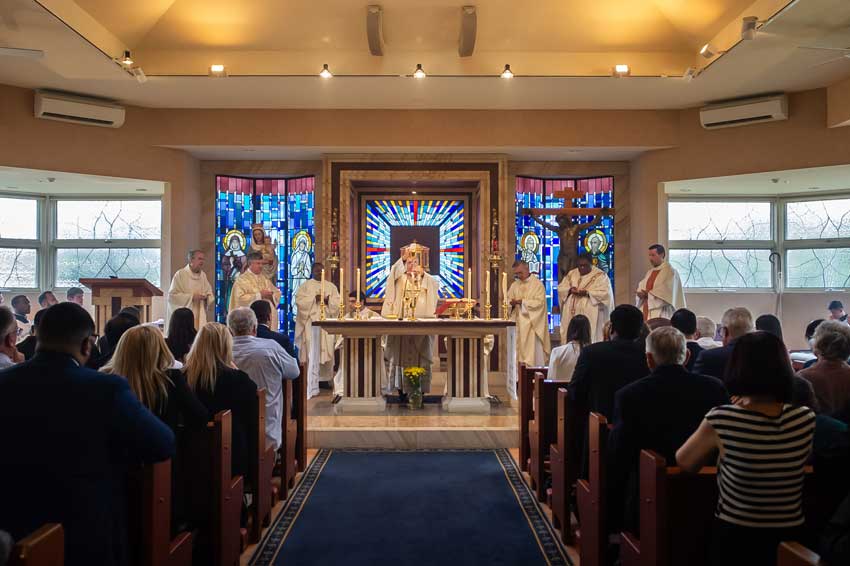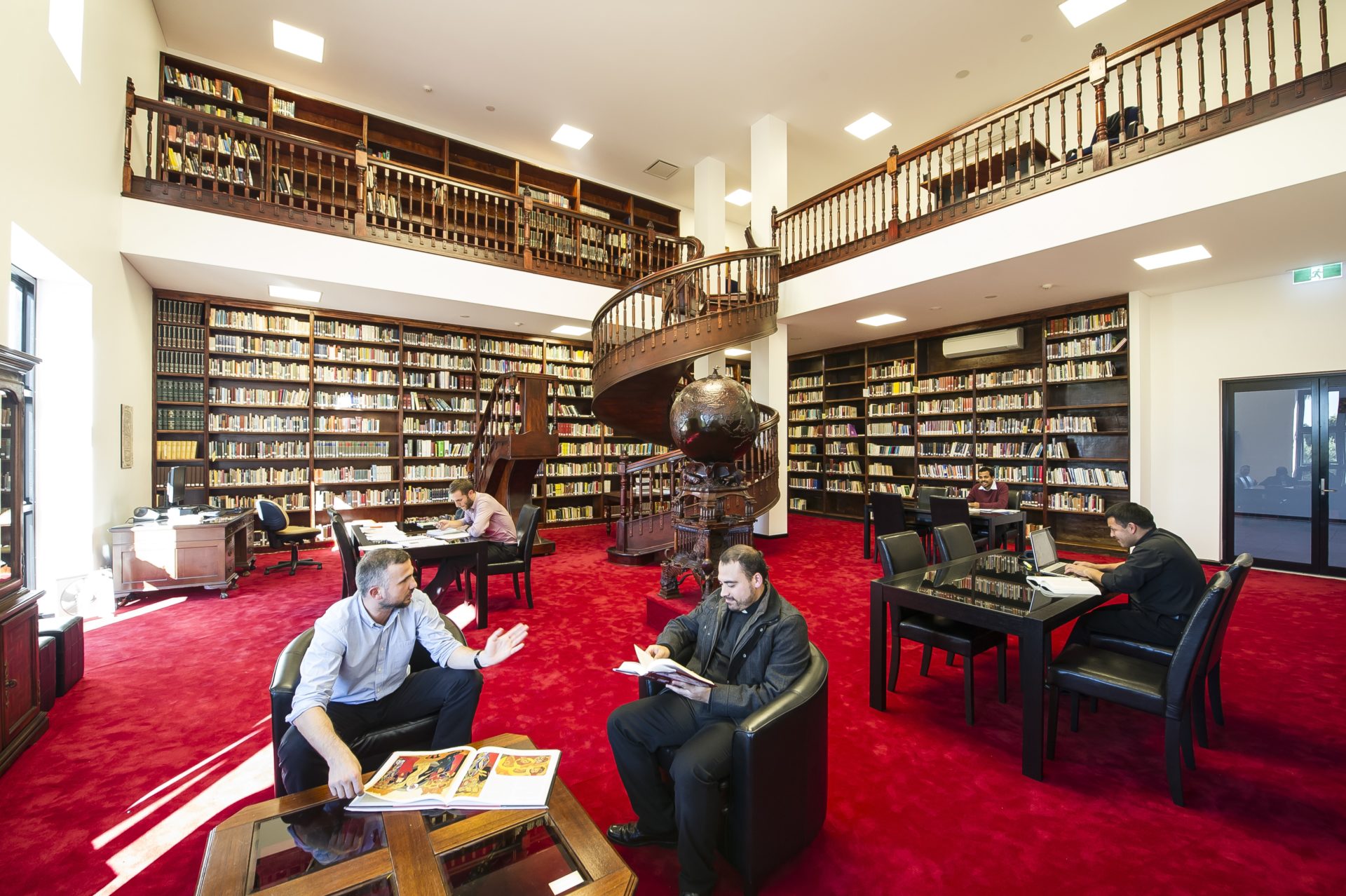
Reports that Church leaders are considering scrapping the seminary model of priestly formation are not only false but based on a dangerous misunderstanding about how men become priests in Australia today, says Sydney Auxiliary Bishop Tony Randazzo.
Bishop Randazzo is the former rector of the Queensland Seminary and part of a committee currently working to implement in the country’s eight seminaries the Vatican’s recently updated guidelines on priestly formation, the Ratio Fundamentalis Institutionalis Sacerdotalis.
He told The Catholic Weekly that every seminary has already overhauled priestly formation, grounding it in the human development of future priests who are constantly being embedded into parish communities and other ministries as well as being mentored by professional lay women and men and experienced clergy.
While seminaries are always in need of ongoing reform, “the difficulty is that significant people are making commentary from the sidelines and influencing public opinion and therefore policy on the formation of men for the priesthood”, Bishop Randazzo said.
Rector of the Good Shepherd Seminary Fr Danny Meagher agreed and said seminary formation is a very effective way to prepare young men for a life of service.
Stories published in The Age and The Sydney Morning Herald suggesting a “radical” revision was being considered to dismantle seminaries, with some questioning whether they are still the place or the way to train men for priesthood in the wake of the Royal Commission today.
Francis Sullivan, former head of the Truth, Justice and Healing Council, told media that Church leaders “are seriously considering whether the system works or whether there should be more of a focus on seminarians being integrated into academic and parish life”.
But Bishop Randazzo said it is a “massive misunderstanding” to say that seminarians are isolated in institutions and need to be integrated into academic and parish life.
“In our seminaries, in Brisbane, Sydney and Melbourne and other places, seminarians are engaged in parish liturgies, in catechesis and in schools, in visitation to the sick and prison ministry,” he said.
“They are accompanied by people who are mentors, women, men, priests, lay Christian faithful.
“For anyone to intimate that our seminarians live in a bubble is so far from reality that I’m gobsmacked by it.”
Newly-ordained Father William Chow, assistant parish priest at Our Lady of the Rosary at Fairfield, was also disappointed with the reports.

“It seemed based on seminary life from the 50s, 60s and 70s and was not my seminary experience,” he said.
“It was full of laughter, hope and fraternity and while seminary life doesn’t prepare you for absolutely everything, I had good human, pastoral, spiritual and intellectual formation.”
Father Joshua Scott, assistant priest and hospital chaplain at St Brigid’s Parish in Central Canberra also attended the Seminary of the Good Shepherd, and wanted to correct the misunderstanding about seminary life.
“My training was great. It was not the seminary of the 1960s and 70s,” he said, adding that as a seminarian he undertook academic studies with his fellow seminarians at Notre Dame University as well as the Catholic Institute of Sydney.
“We got out among the people a lot and had many come to regular Masses in the seminary.
“The concept that it is a closed monastic environment is not the seminary that I experienced.”
Bishop Randazzo said seminaries form part of the Church’s institution which is constantly in need of reform, but “to simply abandon an institutional model of Church will not resolve the problems”.
“We’re not preparing men to be sitting in institutions, but to be heralds of the Gospel, formed with hearts for Christ, to care for the poor, lonely, sick, the outcasts and marginalised people,” he said.
“For us to move ahead we need to scrutinise our culture, purify our mentality and renew the institution of the Church. Ultimately the real reform is putting concerted effort into living the life we proclaim.”
Related articles:
